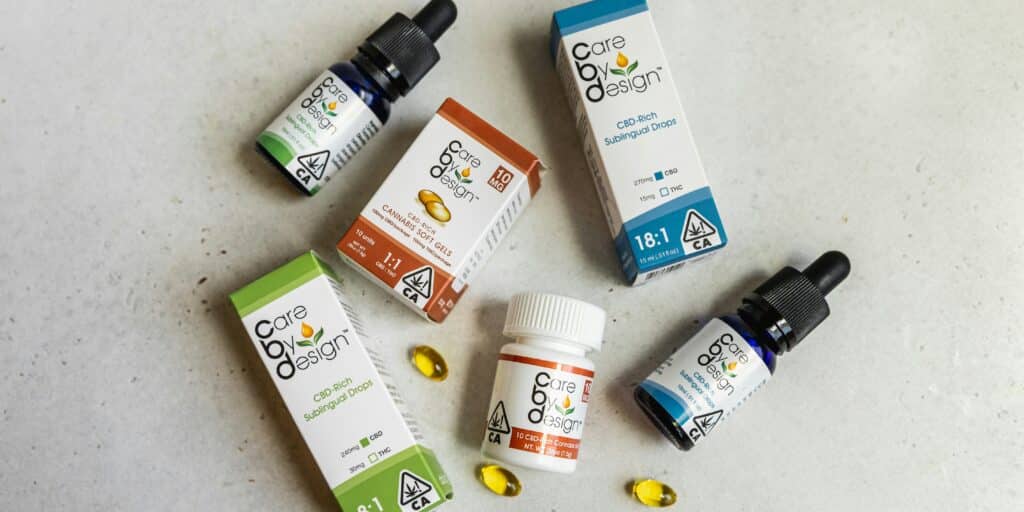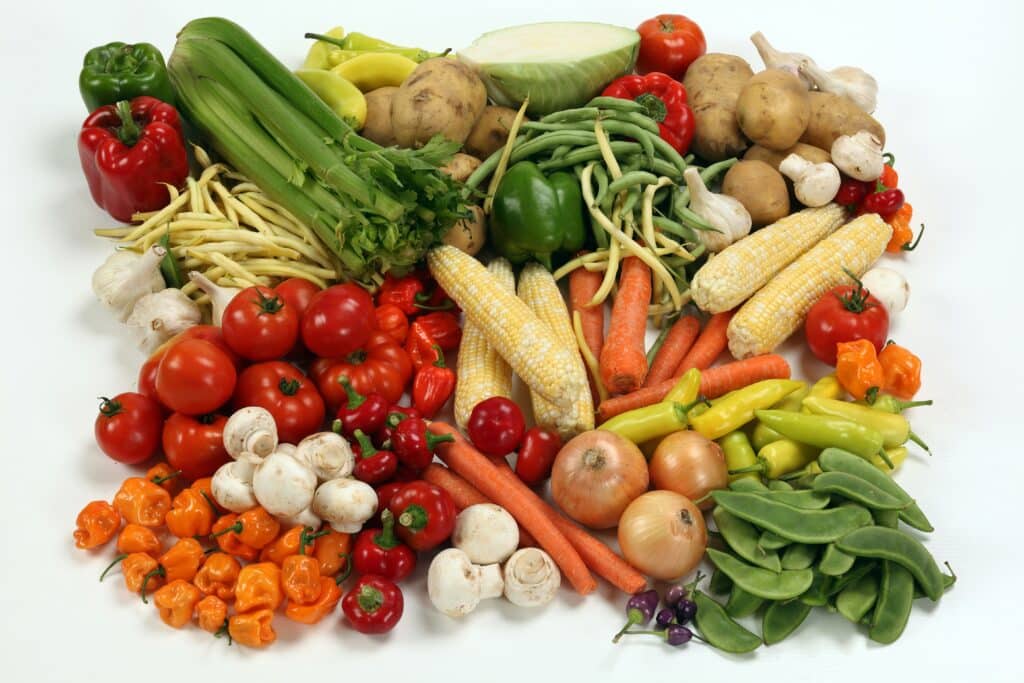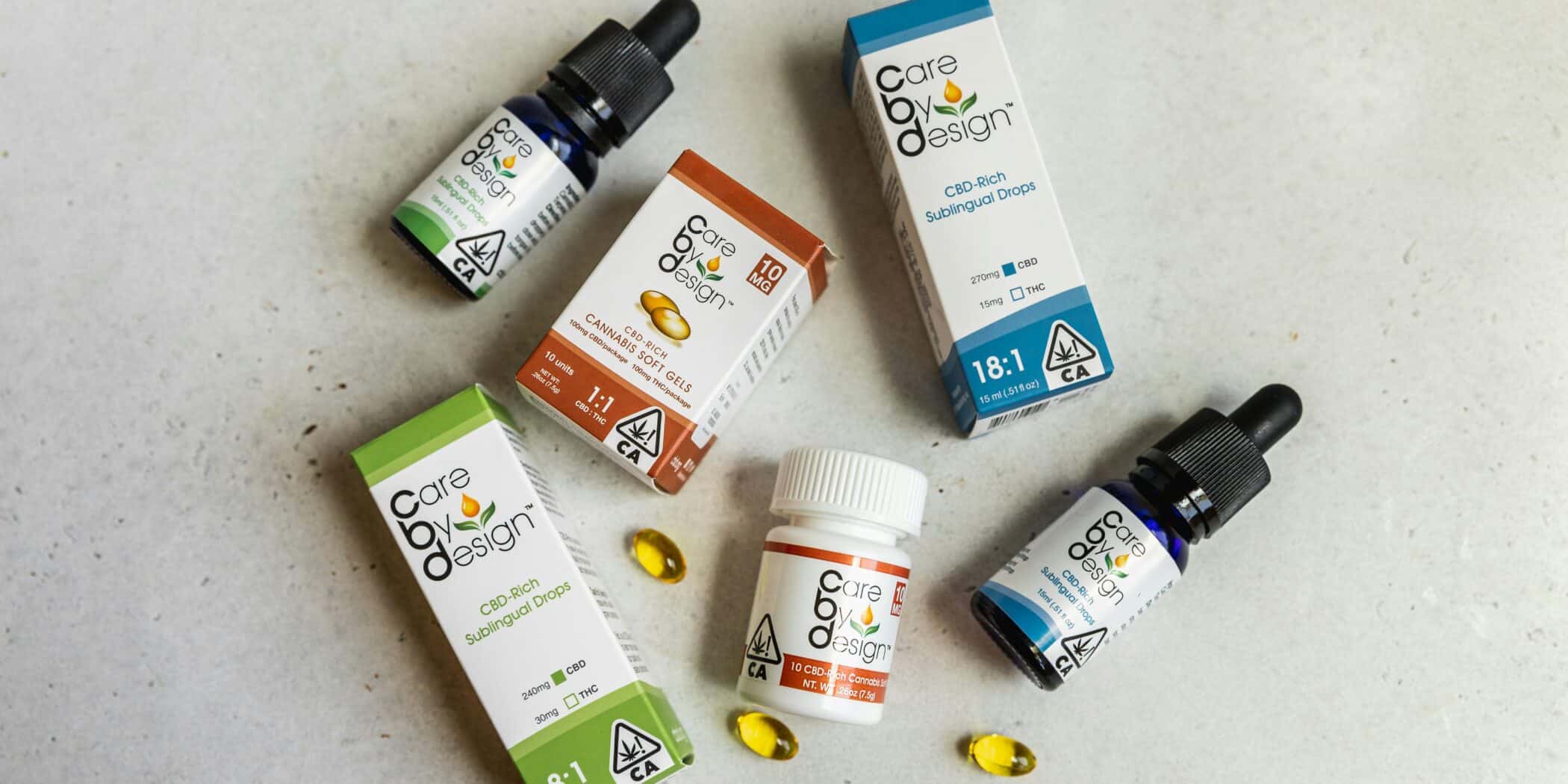
Irritable bowel syndrome (IBS) affects millions of people, making simple things like enjoying a hearty lunch or a spicy dinner feel like walking on eggshells. But before resigning and making amends with a bland culinary lifestyle, there are still quite a few things you can try out. One of those is the implementation of natural IBS supplements that can be very helpful in easing IBS symptoms.
Table of Contents
Which are the best natural IBS supplements?
Probiotics are among the best IBS supplements, especially natural sources, as they have a proven effect on regulating bowel movements and restoring your gut flora balance. You can use herbal extracts like peppermint oil, chamomile, and turmeric, as they have anti-inflammatory properties, which will ease your IBS symptoms. Additionally, switching to a high-fiber diet rich in psyllium can also ease the IBS discomfort.
Using probiotics for IBS is one of the most common solutions, as they are a simple and effective remedy for this disorder. Probiotics are live bacteria and yeasts that work within the body to restore the balance of your digestive system.
Research by the National Library of Medicine confirmed that microorganisms found in probiotics like Lactobacillus and Bifidobacterium strains can restore the balance of healthy bacteria in your digestive system. Hence, regular consumption of probiotic IBS supplements can help you regulate your bowel movements and reduce the discomfort that IBS brings.
Having said that here are some of the most potent probiotic IBS supplements:
- Align Probiotic supplement:
This supplement for digestive health contains the probiotic strain Bifidobacterium infantis 35624. Its effects have proven results in improving digestive health.
- Culturelle Digestive Health Probiotic:
This gut health supplement contains Lactobacillus rhamnosus GG, known for its digestive benefits.
- Florastor Daily Probiotic Supplement:
This powerful probiotic contains Saccharomyces boulardii lyo. Put more simply, it’s a beneficial yeast strain that prevents the growth of harmful bacteria in the gut.
- Renew Life Ultimate Flora Probiotic:
Offers a variety of strains, including Bifidobacterium and Lactobacillus, to support digestive balance.
- VSL#3:
This is another highly potent probiotic supplement that enhances your gut health with a combination of different Lactobacillus and Bifidobacterium strains.
Herbs for IBS relief
Dealing with the discomfort of Irritable Bowel Syndrome (IBS) symptoms can often force you to explore alternative solutions. And it’s not a bad approach whatsoever, as there are certain herbs that you can use as IBS supplements and get the much-needed relief.
One of these herbs is peppermint, or peppermint oil to be more precise. Peppermint has been used for thousands of years with countless applications. But we’ll steer away from its many applications and focus on the medicinal benefits of this potent nature gem.
Peppermint has strong soothing properties, and peppermint oil is proven to relax gastrointestinal muscles. As cramping is a common discomfort for people with IBS, you can use this herb to manage those symptoms effectively.
In addition to making peppermint tea, you can try out oral capsules or apply a few drops diluted in a carrier oil (like coconut oil) to your abdomen to get that relief.
Chamomile is another herbal extract that many members of the IBS community swear by. It’s well-known that chamomile is anti-inflammatory and a tea with calming properties, which makes it a solid option for easing your symptoms.
By making a comforting cup of chamomile tea (which is a very simple task to do), you can develop a soothing routine and potentially ease your symptoms in a completely natural way.
Finally, turmeric is another solid option with its active compound, curcumin, that has anti-inflammatory properties. Turmeric has an array of health benefits, like boosting brain health, improving mood, skin health, and so much more.
Although you get to enjoy its many benefits, you’re probably most interested in its effects on IBS symptoms. Its powers can help soothe the digestive tract, reduce symptoms of indigestion, and improve overall gut health.
And with its versatility, you can include it in soups, stews, make turmeric tea, in rubs for meat and fish…the choice is all yours.
Dietary changes for IBS management

Although IBS supplements have incredible potential to make your IBS struggles much more bearable, view them as a helpful companion to healthy lifestyle changes. The most significant change you can make to manage your symptoms is to make necessary dietary modifications.
Having said that, these are the foods you should prioritize and pump up your consumption:
- High-fiber foods
Whole grains like brown rice, quinoa, and oats are rich in essential fibers. By consuming them, you’ll promote regular bowel movements and effectively prevent constipation.
Fruits like bananas, berries, and kiwi are also fantastic sources of fiber, particularly soluble fiber. Their potency lies in the fact that they can help with digestion without causing gas or bloating.
In the category of vegetables, focus on options like carrots, spinach, or zucchini. You’ll get to increase your fiber intake without overloading your digestive system.
Another excellent addition to your high-fiber meal plan is legumes, including lentils, chickpeas, and black beans. Apart from their fiber contents, they’re also rich in proteins and promote gut health.
- Hydration-rich foods:
As hydration is a critical aspect of enhancing your digestive health, fruits like watermelon and citruses can be of great help with reaching your daily hydration needs.
The previously mentioned peppermint and chamomile teas are known for their soothing effects and are a perfect addition to your hydration efforts.
Additionally, try adding soups like chicken broth and vegetable soups to improve your hydration and get the necessary nutrients.
- Lean proteins:
Lean proteins are extremely important for your overall health, with benefits like building muscle, supporting your metabolism, regulating blood sugar, keeping your bones healthy, and much more. On top of that, they’re light on the stomach, making them a must for your IBS-friendly diet. Hence, include fish and poultry options like:
- salmon;
- trout;
- cod;
- chicken;
- turkey.
You can also try out plant-based alternatives like tofu or tempeh.
- Probiotic-rich foods:
In addition to probiotic-rich IBS supplements, there are also certain foods that are abundant in these healthy microorganisms. Some of those are:
- yogurt;
- kimchi;
- sauerkraut;
- kefir.
- Cooking Oils
Oils (and greasy foods in general) are, for many, a trigger that causes digestive discomfort. Hence, if you plan on using oil for preparing your meals, substitute the regular vegetable oil with olive, coconut, or grapeseed oil (depending on your tolerance and triggers).
Making these adjustments is like killing two birds with one stone. You’ll get to alleviate the discomfort of IBS symptoms while, at the same time, reaping numerous health benefits as these food options are, in general, very nutritious.
However, it may be difficult to make this switch as it potentially requires drastic changes in terms of your cooking habits. If that’s the case, you can always resort to an IBS food delivery service where you’ll be able to select dishes that adhere to your dietary preferences and restrictions.
Foods to avoid when dealing with IBS
When you start including these particular ingredients in your meal plan, you’ve made a large step in the right direction. Yet, to fully optimize your dietary habits, you must also keep certain foods off your plate. In other words, your goal is to identify what foods set off your IBS triggers and remove them from your diet as much as possible. Some of the most common triggers are:
FODMAPs:
Fermentable carbs (also known as FODMAPs) are a very common trigger for bloating, gas, and discomfort in IBS sufferers. Onions, garlic, apples, wheat, beans – keep a close eye on these suspects.
Caffeine and alcohol:
Although these substances serve as a temporary stress relief, they can also worsen your IBS symptoms in the long run. Hence, try substituting them with the recommended herbal teas or simply water.
Fatty and spicy foods:
While tempting, high-fat and spicy meals can irritate your digestive system and trigger flare-ups. Instead, stick with lean proteins and season them with milder spices.
Processed foods:
It’s well-known that processed foods are packed with sugars, unhealthy fats, and artificial ingredients. As such, you should avoid them regardless of any dietary restrictions, especially if you have IBS. These foods can cause digestive distress, making them a category to avoid at all costs.
Final thoughts
Taking the matter into your own hands and managing your symptoms with natural IBS supplements and dietary changes can give you an array of benefits for managing your condition.
Truthfully, these changes can be difficult in the starting stages. Still, don’t let that discourage you, as only with persistence and dedication can you reach a balanced and comfortable life where your condition isn’t a major obstacle. Of course, remember to consult with healthcare professionals to ensure a well-informed journey toward lasting relief and digestive harmony.

